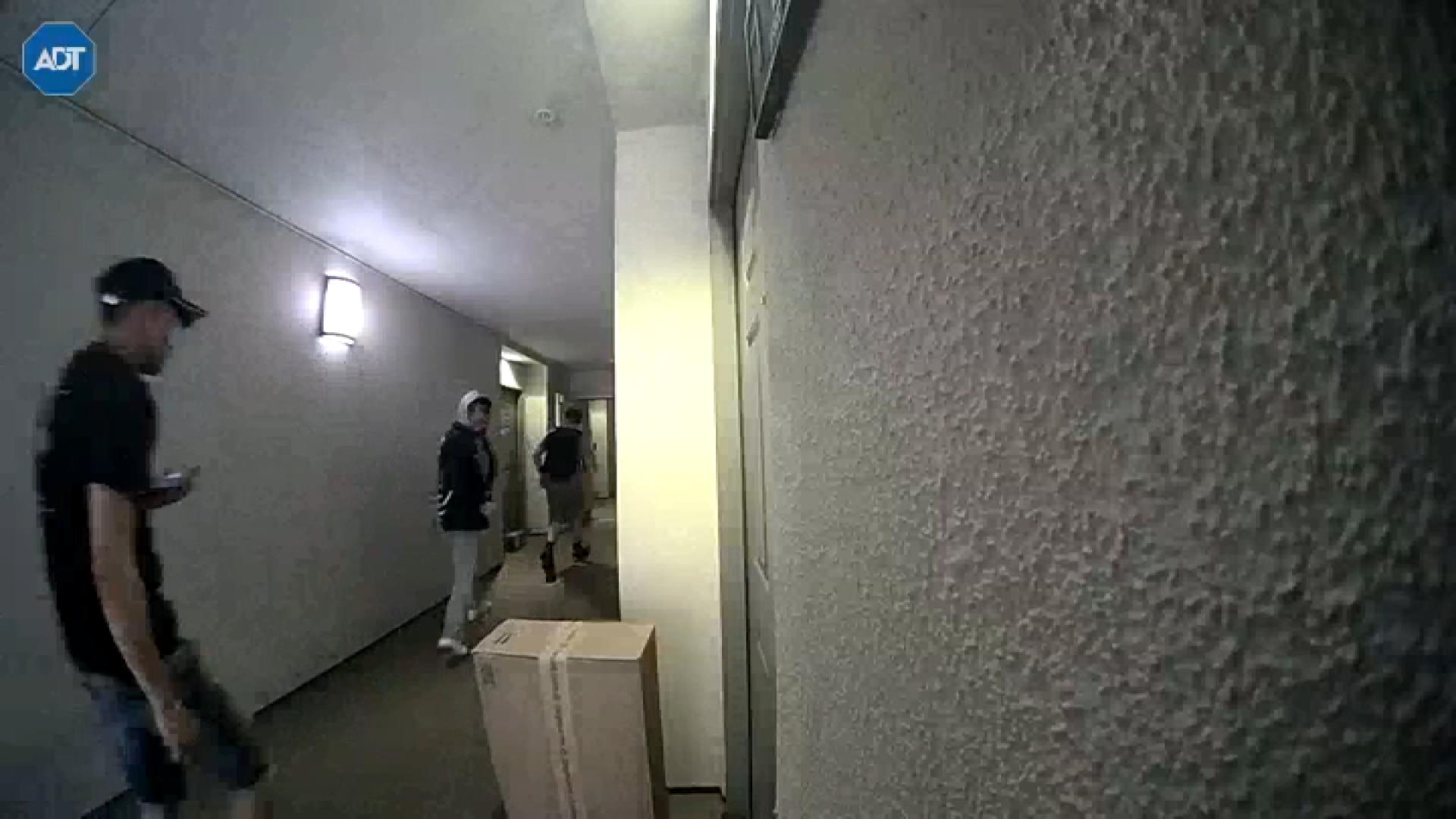A movie star with a cigarette is a visual the film industry has promised to limit, especially when it comes to younger audiences, but a new lawsuit claims major movie studios, and other big Hollywood players, are breaking that promise.
From a post-depression Pinocchio to a pumped-up Brad Pitt, Hollywood’s biggest names have smoked on the big screen for decades. In the kid movie “101 Dalmatians” smoking played a big role.
“My one that sticks out was Cruella De Vil and the evilness the smoke gave her,” said film student Anthony Armstrong.
A group of New York Film Academy students in Burbank who spoke with NBC4 said they grew up watching movies and television, and said it often taught them that lighting up can look cool.
“When I saw him smoke, I have the urge to smoke right now because it’s like ‘Oh, he’s smoking, I’m going to smoke with Matthew McConaughey,” said Eli Yellen, of the actor’s turn on TV series “True Detective.”
And that’s the problem said Robin Koval, president of the not-for-profit Truth Initiative, a national organization that works to keep kids away from tobacco.
“We think for any movies that do have smoking in them, on DVDs as well, that there should be an anti-tobacco message that’s shown before the film,” Koval said. “We should not allow movies to be advertising vehicles for big tobacco.
Local
Get Los Angeles's latest local news on crime, entertainment, weather, schools, COVID, cost of living and more. Here's your go-to source for today's LA news.
Facing public pressure, the six major Hollywood studios unveiled policies in the past decade vowing to discourage tobacco use in youth-rated films. But between 2013 and 2014, incidents of tobacco use in PG and PG-13 rated movies actually went up 38 percent, according to the Centers for Disease Control and Prevention.
Now, one fed-up California dad has filed a class-action lawsuit against The Walt Disney Company, Paramount Pictures, Sony Pictures, 20th Century Fox, Universal City Studios, Warner Bros. Entertainment, the Motion Picture Association of America and the National Association of Theater Owners.
A nearly 60-page complaint filed by Timothy Forsyth accuses the film industry of ignoring scientific evidence linking big screen smoking to adolescent habits. The suit says films with smoking should get an automatic R-rating.
“This is a massive public health crisis,” said Austin Wilson, who works with As You Sow, a Bay Area nonprofit that, among other corporate citizenship initiatives, urges shareholders of the major movie studios to demand R-ratings for films that feature smoking.
“The studios claim the movies they produce could be a lot worse, that they are already doing what they can and they are claiming the movie they purchase to distribute that they have no control over those films,” he said.
NBC4 reached out to all six major studios, and no one would comment.
“Smoking is just a prop and I don’t think it’s a prop you have to use,” said screenwriter and USC Associate Professor Jack Epps, known for “Top Gun” and “Dick Tracy.”
While both movies featured tobacco use, Epps said those scenes were added after he submitted his version of the screenplay.
“I actually have never written smoking into any of my screenplays,” he said. “I just never felt like I needed to. It’s just not important to me.”
But he said he does believe smoking has a place, not as a crutch, but in shows and movies where smoking is conveying a certain time or theme, like “Mad Men.”
“Part of that period was chain-smokers,” he said. “I think that’s a thin line: where is enough to make you feel like this part of the world and where is too much to make you feel like it's gone over the top. To me, “Dick Tracy” smoking, that’s too much. Kids are watching that movie. “Pulp Fiction,” it’s R-rated. I think there’s a place for that.”
The MPAA issued a statement that read in part, "We are confident that the courts will recognize the MPAA’s First Amendment right to provide information to parents so that they may make appropriate moviegoing decisions for their children."
To Find Out More:
- View the full complaint here
- Search for tobacco use in film by movie or actor, use this University of California, San Francisco database
- Learn more about industry performance and public health analysis here
- Centers for Disease Control and Prevention have studied the issue of tobacco in media and published the findings here
- An overview of Truth Initiative efforts to combat youth smoking rates can be found here
- Information from Truth Initiative about smoking in the movies



